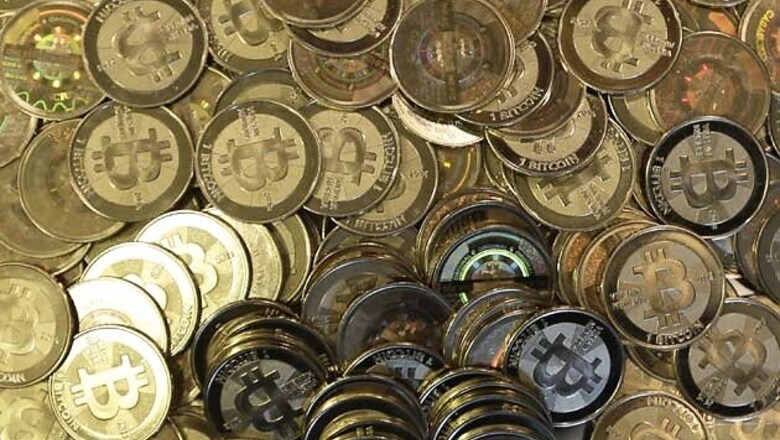
views
The Hague Hi-tech criminals are increasingly selling live streams of child sex over legitimate chat sites and apps such as Skype for hard-to-trace virtual currencies like Bitcoin, Europe's policing agency warned on Tuesday.
"Criminals that sexually exploit children online are becoming more entrepreneurial with technological developments and are profiting financially," Europol said in a special report on commercial sexual exploitation of children online.
Compiled by Europol's EC3 cybercrime centre, together with Eurojust, NGOs, credit card and online giants such as Google and Microsoft, the report paints a disturbing picture of rising online child abuse.
The sale of child abuse live streams over legitimate chat sites or video chat apps is much harder to trace than when the abuse is sold from a website.
"The research shows that the live streaming of abuse for payment is no longer an emerging trend but an established reality," the report said.
Criminal gangs recruit disadvantaged children or their own children for the abuse.
"These persons offer homeless children or children from their own family for the sexual abuse by individuals, live in front of a camera, in the European Union or developing countries, for financial gain," the report said.
Filippino police recently busted a paedophile ring that streamed live sex involving children as young as six, the report said.
Police rescued 15 victims aged between six and 15, and arrested 29 people including gang members and people who allegedly paid to watch the abuse in 13 countries.
Over 700 other suspected purchasers of online child sex abuse filmed in the Philippines have been identified, Europol said.
Like using legitimate, mainstream chat sites to broadcast the abuse, payment using virtual currencies such as Bitcoin also makes the criminals harder to trace than if they were taking credit card payments.
Last year investigators for the first time came across child abuse being sold exclusively for Bitcoins, the report said.
Police and the private sector should monitor the Internet for the growth of alternative forms of payment "as a potential consequence of further migration from traditional payment systems to a new, largely unregulated digital economy," Europol said.
















Comments
0 comment